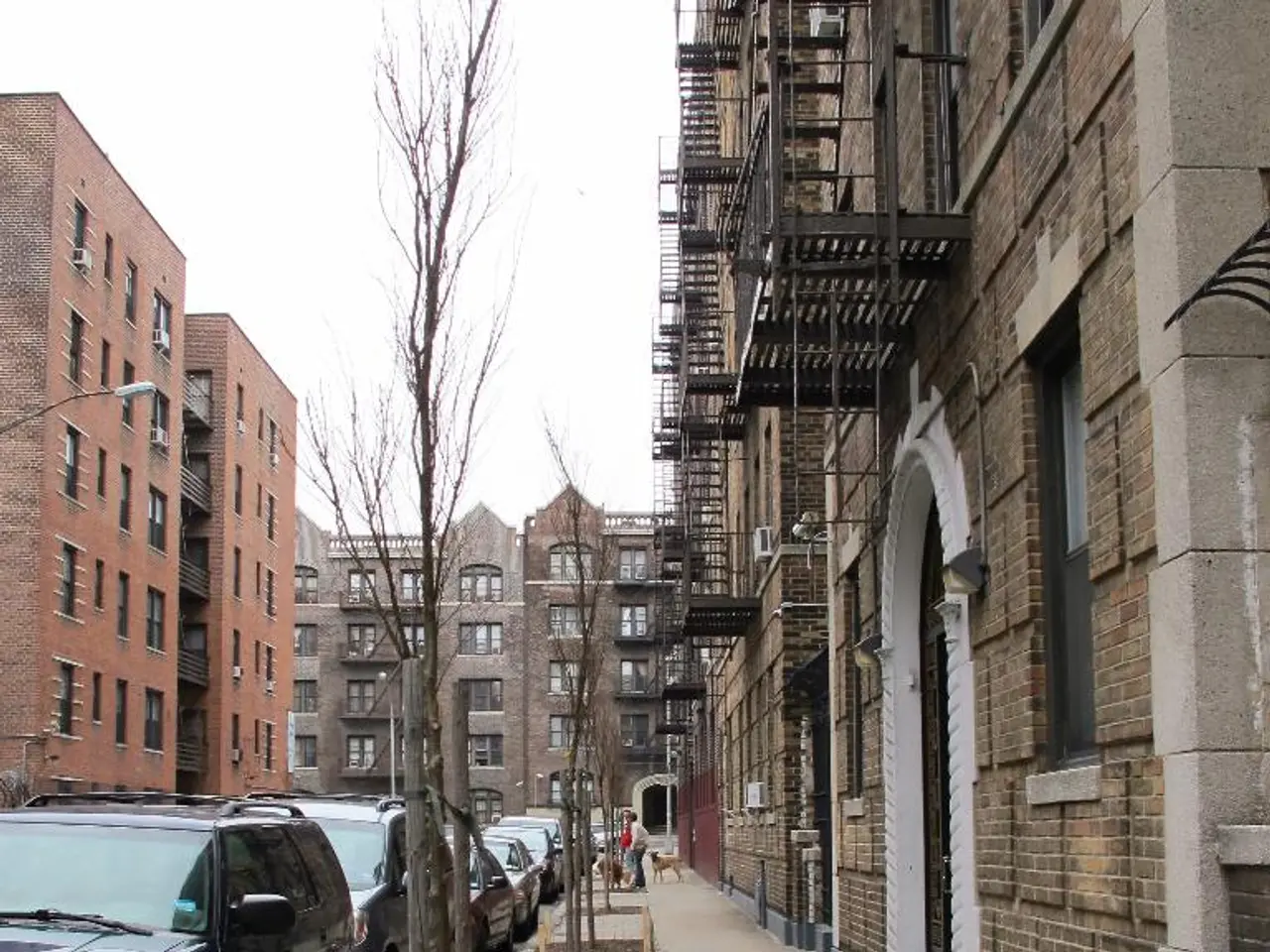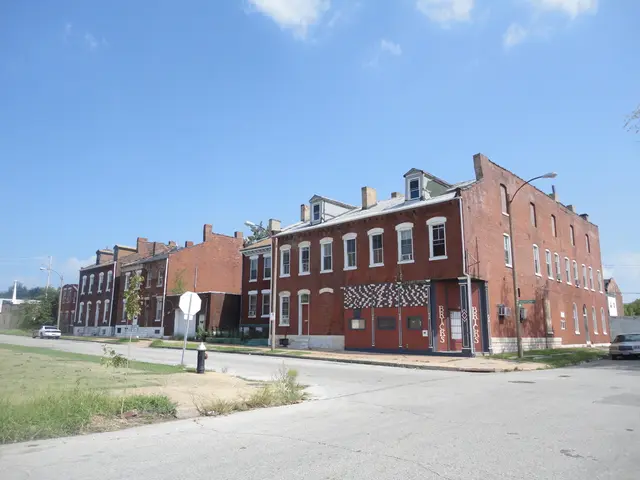What's your proposed resolution, fellow progressive?
In the heart of Europe, Germany's recurring debates on social cuts are a testament to the nation's ongoing struggle to balance social welfare and economic modernization. These debates, which resurface approximately every 20 years, have their roots in Germany's historical struggles and evolving political landscapes.
Historical Context:
The early tensions between social reform and political control in a rapidly industrializing Germany were evident in the late 19th century. Chancellor Bismarck's introduction of social welfare measures, such as pensions, accident insurance, and medical coverage, was partly a response to curb socialist influence. Despite repression, the Social Democratic Party (SPD) grew, indicating early resistance to cuts or authoritarian control over social policy.
Post-World War II, West Germany experienced shifts in government coalitions between the Christian Democrats and Social Democrats, with major social policy decisions influenced by these coalitions. The SPD, after dropping its Marxist elements in 1959, broadened its appeal while accepting the capitalist system, framing social policy debates in a more pragmatic context.
Current Issues:
The resurgence of far-right parties like Alternative for Germany (AfD) influences debates by pushing nationalist, anti-immigrant, and conservative agendas. AfD’s recent calls for the reinstatement of conscription and nationalist policies spotlight ongoing debates on defense spending versus social welfare. The German government is currently facing pressure to cut social spending, with particular disputes over reintroducing conscription amid cuts in education and social programs. Critics argue these cuts disproportionately affect the working class and youth.
Left-wing Responses:
Left-wing groups, including the Socialist Equality Party and its youth wing, condemn social cuts and conscription, framing them as tools to increase pressure on working-class youth and erode social protections. They advocate mobilizing workers and students to oppose these policies as part of a broader socialist anti-war and social equality movement.
The societal left, including the left wing of the SPD, is routinely dismissing such demands with indignation. The criticism suggests that qualification programs and language courses may not be necessary for certain jobs, such as those in a bakery shop. People are believed to learn the language at work, according to the criticism. Holding onto bureaucratic formalities is seen as not left-wing but quite German.
It is important to note that the website in question is an independent, left-wing, and opinionated daily newspaper. The website presents a variety of opinions, often opposing, within a broad left-wing spectrum.
As the debate on social cuts continues, the future of Germany's social welfare system remains uncertain. If the current weak economic situation persists, costs of citizen's income are likely to continue rising, potentially leading to a more intense cuts debate. Left-wing responses typically critique these cuts as harmful to working-class and vulnerable populations, advocating for increased social investment and opposing measures such as conscription tied to social spending cuts.
- Amid the current debates in Germany over social cuts, policy-and-legislation regarding defense spending versus social welfare is under intense scrutiny, particularly as it pertains to the ongoing struggles between left-wing groups and the government.
- The recurring debates in Germany about social cuts and their impact on working-class and vulnerable populations have heavy implications for the nation's politics and general-news landscape, with the evolving political landscape significantly influencing the trajectory of its social welfare system.








